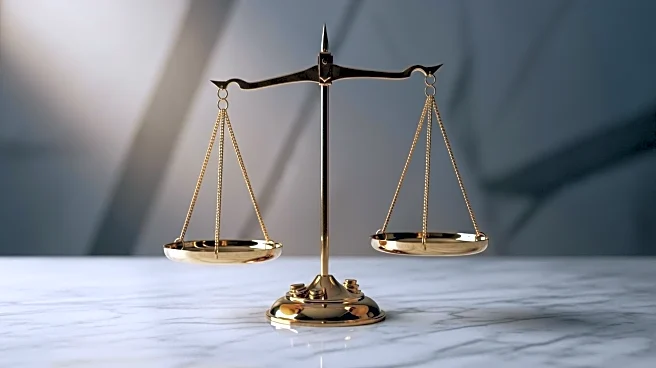What is the story about?
What's Happening?
The Federal Reserve is expected to lower interest rates for the first time since December, responding to a weakening labor market. This decision follows criticism from some central bankers, including Fed governors Christopher Waller and Michelle Bowman, who argue that the Fed should have acted sooner. The central bank's timing is crucial as it impacts employment and inflation, with past delays leading to significant economic consequences. The Fed's upcoming meeting will be pivotal in determining the direction of monetary policy amid ongoing economic challenges.
Why It's Important?
The timing of the Federal Reserve's interest rate cuts is critical for the U.S. economy, particularly as it faces a slowdown in job growth and potential inflationary pressures from tariffs. The Fed's actions will influence borrowing costs, consumer spending, and business investment, affecting the overall economic recovery. The central bank's ability to respond effectively to economic data is essential for maintaining stability and confidence in the financial markets.
What's Next?
The Federal Reserve's upcoming meetings will be closely scrutinized as policymakers assess economic data to guide their decisions. The central bank's approach to interest rates will be influenced by factors such as job growth, inflation, and the impact of tariffs. Stakeholders, including businesses and consumers, will be watching for signals on the Fed's future policy direction and its implications for the economy.
















